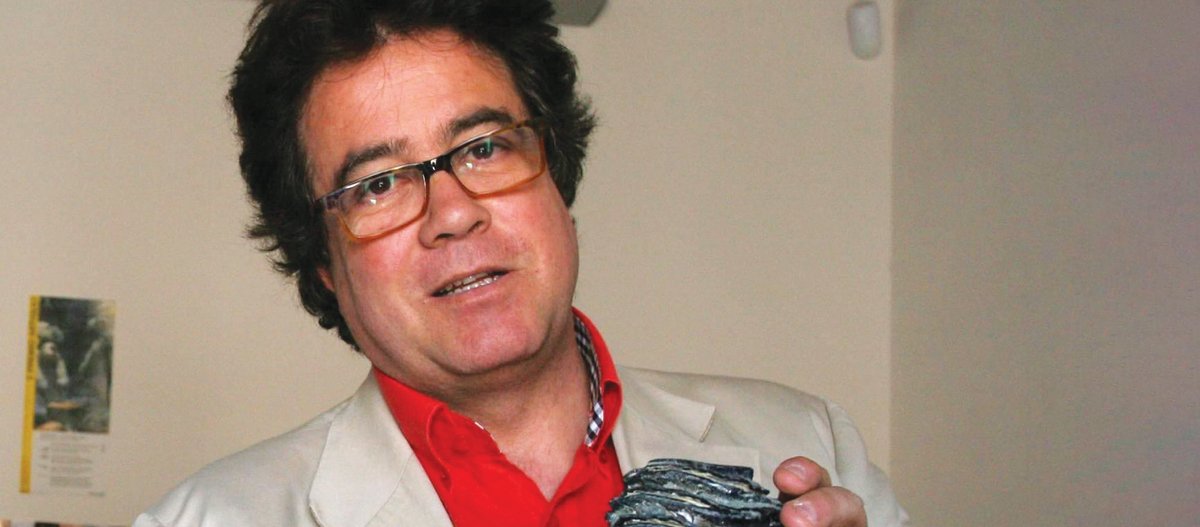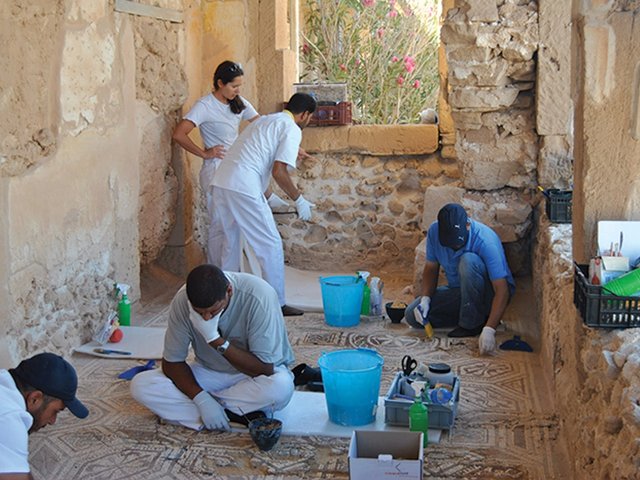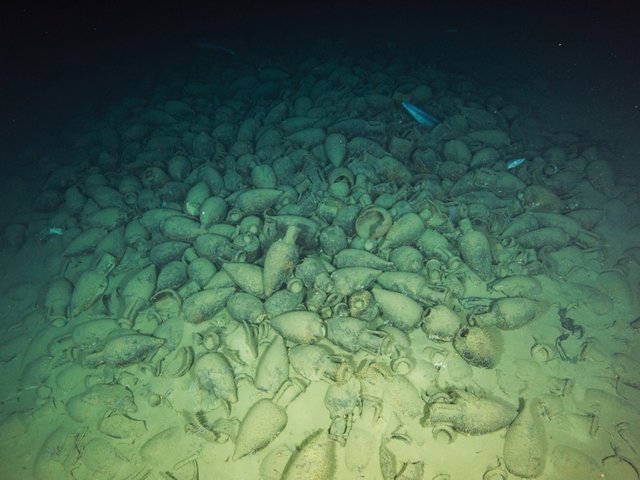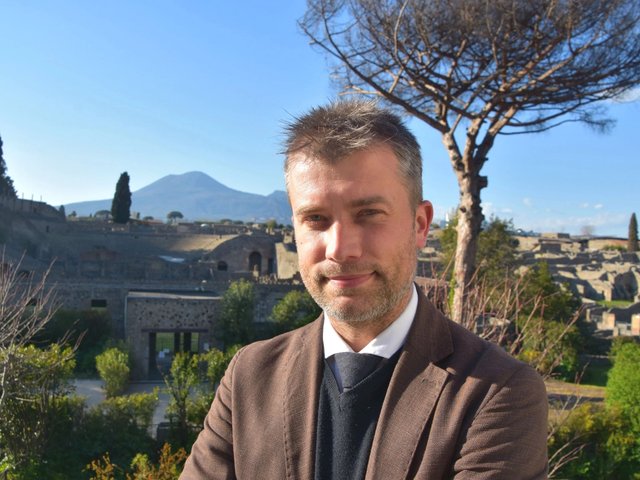Sebastiano Tusa, 66, a prominent Italian marine archaeologist, was among the victims of the Ethiopian Airlines plane crash at the weekend, which claimed 157 lives. Tusa, who was also the regional assessor for Sicily at the Italian ministry of culture, was travelling to Malindi in Kenya to give a keynote address at a Unesco conference (Protection of Underwater Cultural Heritage and Sustainable Tourism Development in Eastern Africa on 11 March).
The director-general of Unesco, Audrey Azoulay, says in a statement that “Unesco had the great honour to collaborate with Professor Tusa for the protection of underwater cultural heritage. He put his heart and soul into safeguarding traces of our history found under the seas.”
Tusa was an expert on the Egadi Islands off the north-west coast of Sicily, specialising in the battle of Egadi which took place on 10 March 241BC. According to History Today magazine in 2011, Tusa’s research efforts were highly significant.
“More convincing evidence was discovered in 2004 after Tusa, a Palermo-based archaeologist, studied documents detailing weather conditions on the day of the battle, March 10th, 241 bc (rough and windy) and the placement of Punic settlements in the area,” the report said. “Tusa knew the Egadi area very well. He listened to locals from the port of Trapani and to divers exploring the Sicilian coast and discovered that a large bronze ram had been dredged up by fishermen near the Egadi that year and sold to a Trapani dentist.”
The International Centre for the Study of the Preservation and Restoration of Cultural Property (Iccrom) tweeted that “Tusa was a champion of cultural heritage, he will be remembered for the passion and enthusiasm he put into his work.” Peter Campbell, another marine archaeologist and assistant director at the British School in Rome, tweeted that he had worked with Tusa in Sicily for ten years. “He exuded life and every discovery thrilled him,” he says.
His wife, Valeria Patrizia Li Vigni, told the Italian newspaper Corriere della Sera: “He had a profound sense of duty, he believed that archaeology was a message of peace, the cement between peoples and their histories." She is the director of the Palazzo Riso museum of contemporary art in Sicily.





